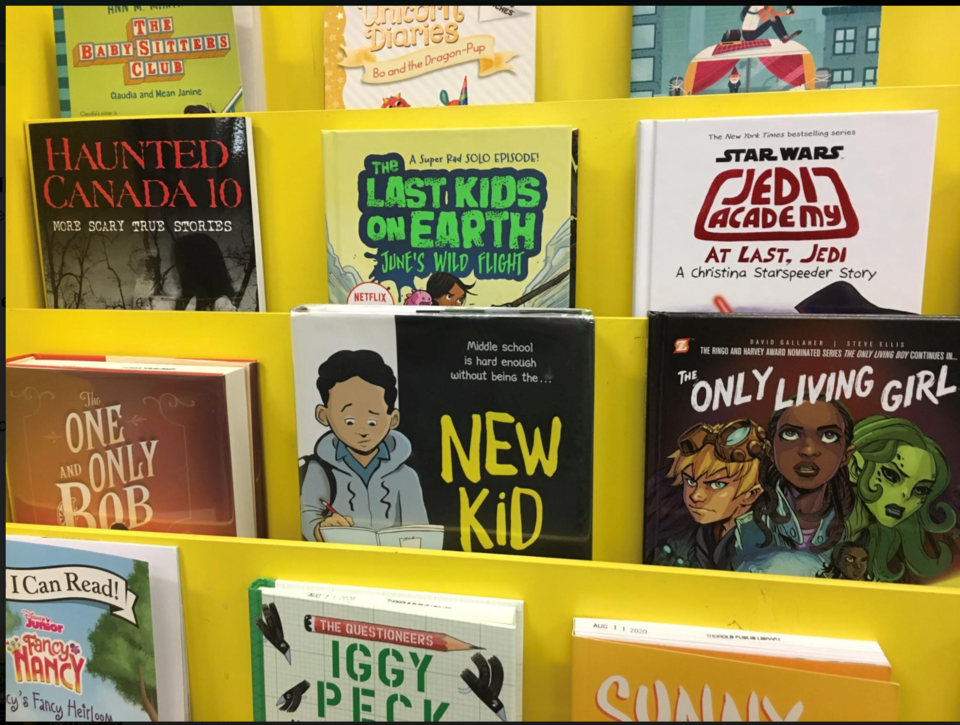As attentions turn toward another unpredictable academic year, many parents are seeking some semblance of normalcy by constructing their own educational routines. One of the simplest ways to engage children in self-directed learning and implement daily structure is to cultivate a habit of reading. Lucky for you, reading is kind of our thing, so we’re here to help with some suggestions. For natural-born bibliophiles, the process is somewhat less complicated, but even the most reluctant readers can be inspired with the right approach.
Read by example
Ok, so we both know that should have said lead by example, but the wordplay opportunity was alluring, and you deserved a little treat. Now, we all know that young learners like to copy what they see, specifically when said behaviours are understood as being linked to positive emotion. Which explains why Little Timmy might pester you for the latest device but couldn’t care less about your family’s model of vacuum. Unless he cares very deeply about the family’s model of vacuum. We all have our quirks. If no one in your household can find the time to read, yet will happily binge four episodes an evening, the accompanying message – whether intentional or not – is that literature belongs in a separate realm of scholarly obligation rather than leisurely elective.
This doesn’t mean you have to spend hours a night immersed in a 1,000-page tome (though consider this your official permission to do so), but you can integrate story time, family book club, or even start a simple conversation about some of the works you loved when you were their age.
Find the right book
We’ve all heard some variation on the idea that if you don’t like reading, you simply haven’t found the right book. And unlike similar sayings of a more romantic nature, literary soulmates are actually a thing. For reluctant readers, we often recommend opting for more visually stimulating material like comic books or graphics novels, allowing children to develop a comfort zone before being shifted to grade directed levels, and considering areas of interest, whether it be sports, wild animals, or warp-faced weaving (it could happen).
The problem is that there’s often an expectation that identifying with a certain genre is a phase that will quickly give way to more impressive literary triumphs. Like Finnegans Wake. Or weft-faced tapestry. Yet preferred reading style is not the same as reading level, and your child will not necessarily move on to the kind of books you want them to favour. And that’s ok. Effectively adopting reading as a hobby means allowing them to choose the narrative and recognizing the inherent value in its many variations.
Make it an experience
Is the reading itself not the experience? Well technically, yes. But imagine trying to watch a movie with no popcorn, a screen the size of a small napkin, and a questionable bucket for a chair. Why does the bucket have to be questionable? I don’t know. It’s just somehow worse than no chair at all. Reading, similarly, has a whole host of connotations – good and bad – with which your child will have come to associate. As adults we still remember the thrill of a Scholastic book fair, know the importance of page texture, or understand the heightened ambience of a new novel when accompanied by the right tea. Children are no different in emotionally associating each act with a prior experience, regardless of their inability to verbalize this awareness.
Perhaps the pressure of having to read aloud or stumble through a text they didn’t understand to complete an assignment has created a reluctance to embrace future experiences with reading. Actively reframing the entire practice of selecting a book, preparing a comfortable spot, and – yes – actually reading can change the way they view the pastime. Visiting your local library, for instance, is an excellent way to create a positive event around the central act of reading. We are open Monday-Saturday for browsing by appointment.
Call to book: 905-227-2581.



